The Brodutch family, including mother Hagar and her three children, were the ones who picked up Abigail when she fled. However, all five later disappeared. They were confirmed by the authorities to be hostages of Hamas. They were among more than 200 people taken to Gaza.
Families of some 30 children held hostage by Hamas describe the terrible pain and haunting knowledge that their beloved little ones are still being held and are unable to defend themselves.
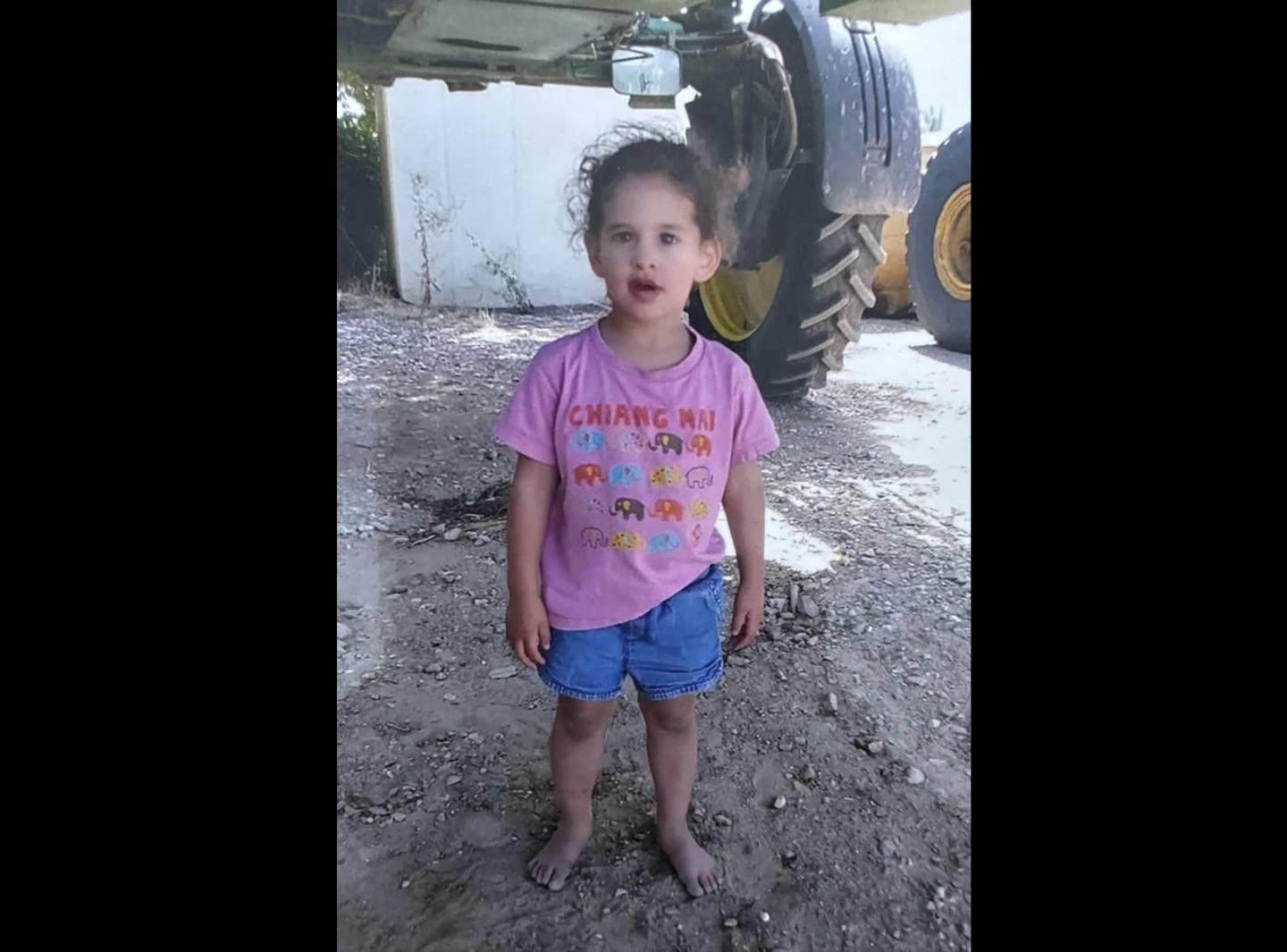
Three-year-old Abigail Edan knew how to run to a neighbor's house for shelter. Photo: AP
“She was just a little girl, 3 years old, and she was alone,” Abigail’s aunt, Tal Edan, said in a phone interview, her voice trembling. “She was probably with a neighbor, but I don’t know if they’re still together. She didn’t have anyone close to her.”
Children in both Israel and Gaza have borne a disproportionate share of the damage from the Hamas massacre and Israel's relentless bombardment of the tiny enclave, a painful undercurrent among the tragedies.
Nearly half of Gaza's 2.3 million people are children. The Hamas-run Health Authority reported on Thursday that the total death toll had jumped to more than 7,000 Palestinians, including 2,913 minors. More than 800 children in Gaza remain missing.
Taking civilians hostage is a war crime under the Geneva Conventions. And taking children hostage in war is almost never done, says Danielle Gilbert, a professor of political science at Northwestern University who has interviewed hundreds of captors and hostages in different countries.
The sad reason: Kidnappers value living hostages, who are usually men between the ages of 18 and 65. Children are less likely to survive the ordeal.
“Taking someone who is vulnerable and unlikely to survive in those conditions would make the kidnappers’ job much more difficult,” Gilbert said. “It remains to be seen whether Hamas would deliberately take such a large number of child hostages.”
Families of detained Israeli children describe experiencing a range of emotions, from hope to despair and anger, difficulty sleeping and being distracted by thoughts of the worst.
Relatives of the children are spending time talking to the media in extreme pain, seeking information, evidence of life and the return of their beloved and pitiful children.
Mai Anh (according to AP)
Source


![[Photo] Prime Minister Pham Minh Chinh receives Rabbi Yoav Ben Tzur, Israeli Minister of Labor](https://vphoto.vietnam.vn/thumb/1200x675/vietnam/resource/IMAGE/2025/5/21/511bf6664512413ca5a275cbf3fb2f65)
![[Photo] Prime Minister Pham Minh Chinh attends the groundbreaking ceremony of Trump International Hung Yen Project](https://vphoto.vietnam.vn/thumb/1200x675/vietnam/resource/IMAGE/2025/5/21/ca84b87a74da4cddb2992a86966284cf)
![[Photo] Determining the pairs in the team semi-finals of the National Table Tennis Championship of Nhan Dan Newspaper](https://vphoto.vietnam.vn/thumb/1200x675/vietnam/resource/IMAGE/2025/5/21/eacbf7ae6a59497e9ae5da8e63d227bf)


![[Photo] Scientific workshop "Building a socialist model associated with socialist people in Hai Phong city in the period of 2025-2030 and the following years"](https://vphoto.vietnam.vn/thumb/1200x675/vietnam/resource/IMAGE/2025/5/21/5098e06c813243b1bf5670f9dc20ad0a)


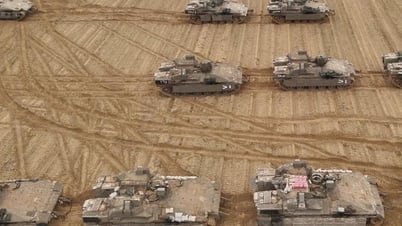
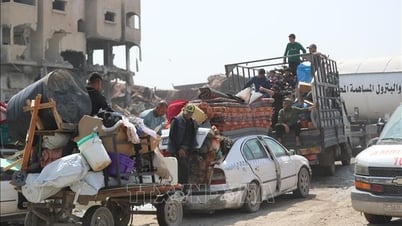



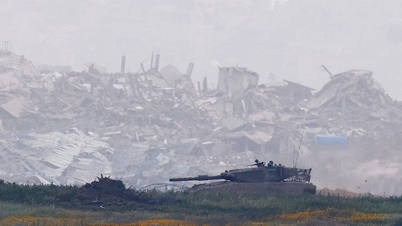



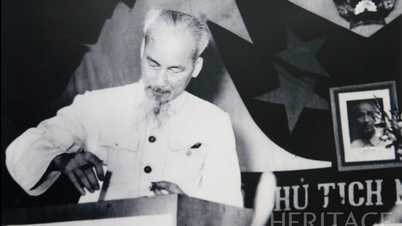

















































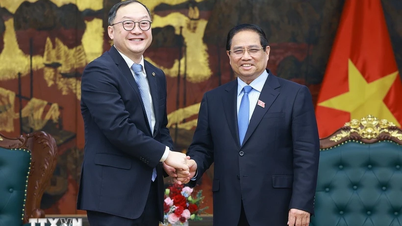




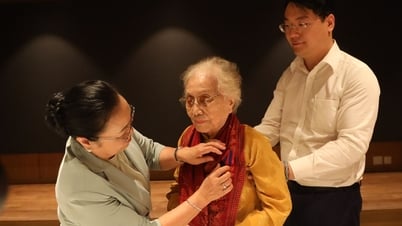



























Comment (0)